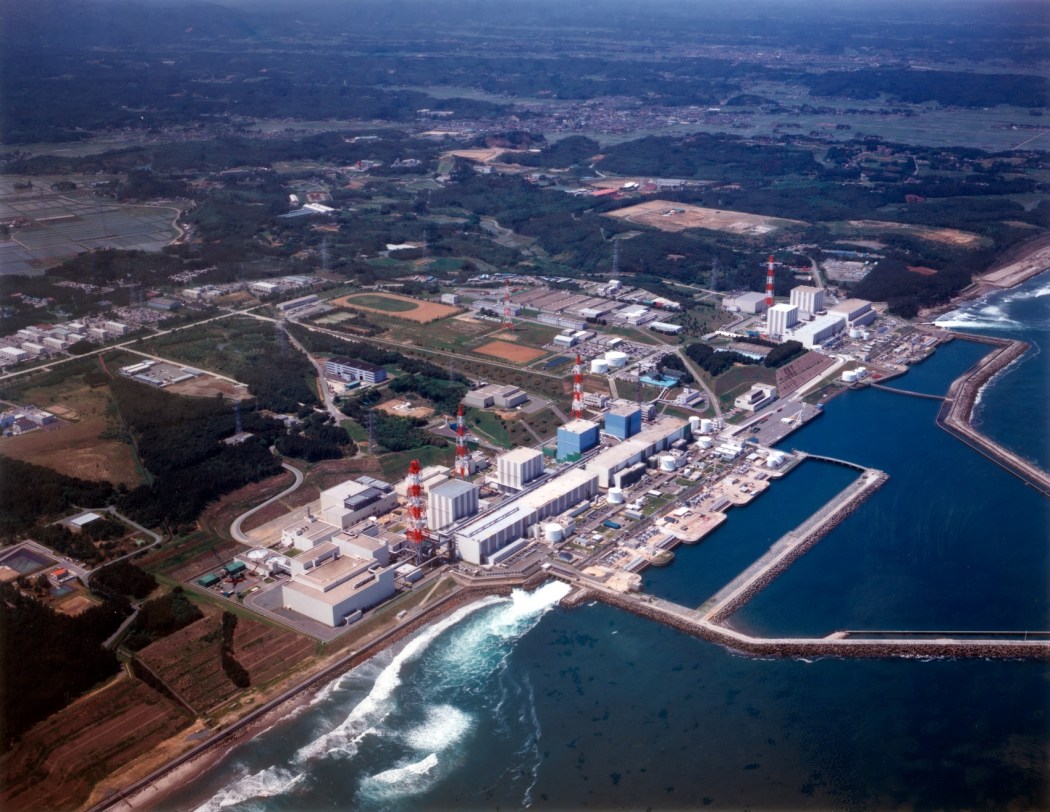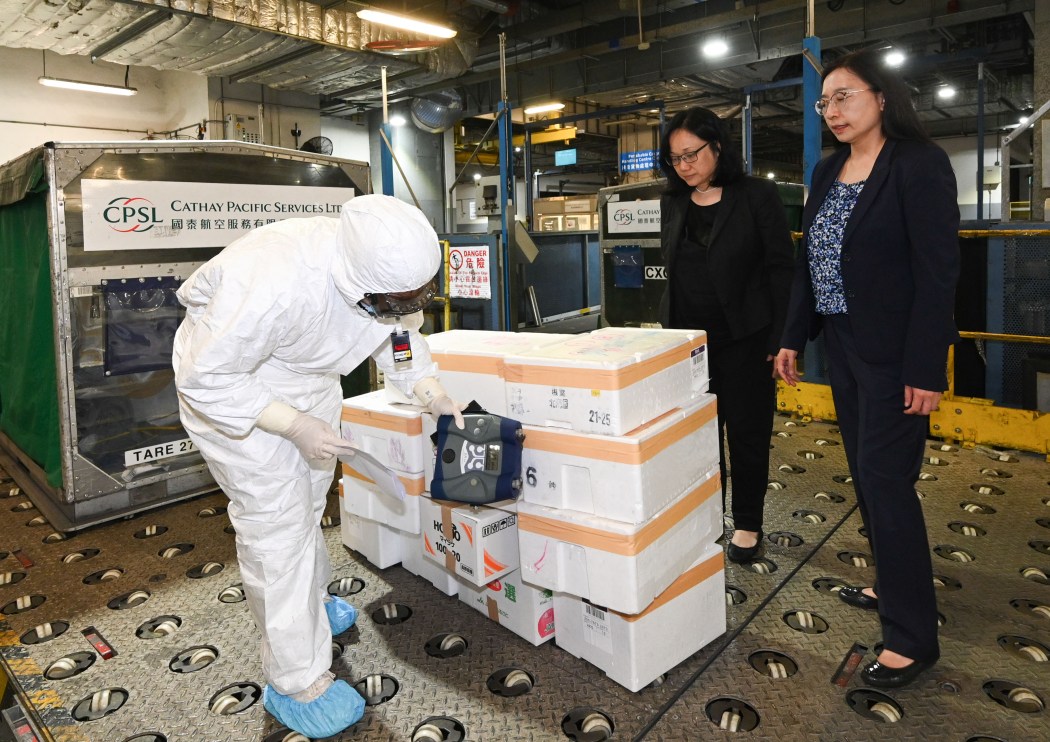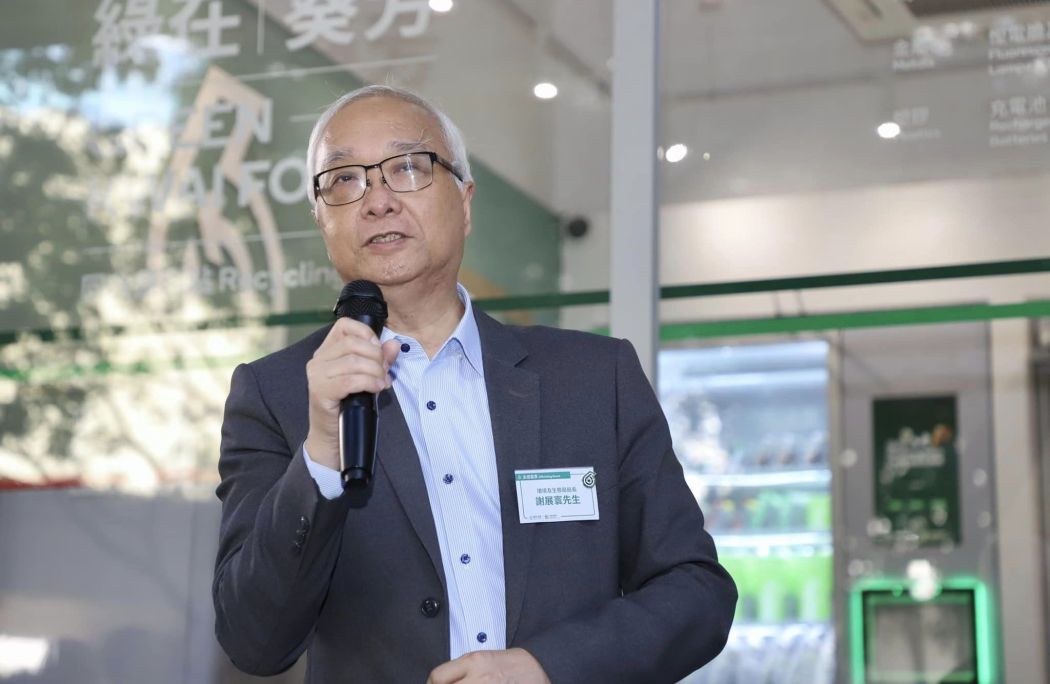Authorities are investigating frozen chicken wings imported from a Japanese prefecture near Fukushima, after they were suspected of violating import control measures implemented after the Fukushima nuclear plant was damaged in an earthquake and tsunami in 2011.

Under the bans, vegetables, fruits, milk, milk beverages, and dried milk produced in Fukushima are not allowed to be imported to Hong Kong. These foods, as well as frozen meat, poultry, and poultry eggs, however are permitted to be imported from the four prefectures surrounding Fukushima, providing they have a radiation certificate and an exporter certificate issued by Japanese authorities.
The frozen chicken wings, which came from Ibaraki prefecture, did not carry a radiation certificate, the Centre for food Safety (CFS) of the Food and Environmental Hygiene Department said in a statement on Friday. Ibaraki is among the four prefectures bordering Fukushima.
“The product concerned has been marked and sealed by the CFS and has not entered the market,” CFS has said in the statement.

The import bans imposed on Japan were expanded in August when Japan began releasing treated nuclear wastewater from the damaged nuclear plant.
The expanded bans prevent imports of all aquatic products “harvested, manufactured, processed, or packed” in Tokyo, Fukushima, Chiba, Tochigi, Ibaraki, Gunma, Miyagi, Niigata, Nagano, and Saitama to Hong Kong.
Secretary for Environment and Ecology Tse Chin-wan said in August that the ban would be indefinite and the authorities would continue to monitor radiation levels to determine how long the ban will last. “At this point in time, we do not have a timetable of how long the prohibition will last,” Tse said.

Tse asserted that the city had no plans to lift the import bans in the immediate future on Wednesday, ahead of the second phase of the release of treated wastewater from Fukushima.
The United Nations’ nuclear watchdog said in July that Japan’s move was in line with international standards, while the plant operator has also said the radioactivity levels of samples was well within safe limits.
CFS has been regularly testing the radiation levels of Japanese food imports since August 24. As of Friday, all 7,223 samples tested have all returned satisfactory results.
Support HKFP | Policies & Ethics | Error/typo? | Contact Us | Newsletter | Transparency & Annual Report | Apps
Help safeguard press freedom & keep HKFP free for all readers by supporting our team

LATEST FROM HKFP
HKFP has an impartial stance, transparent funding, and balanced coverage guided by an Ethics Code and Corrections Policy.
Support press freedom & help us surpass 1,000 monthly Patrons: 100% independent, governed by an ethics code & not-for-profit.










